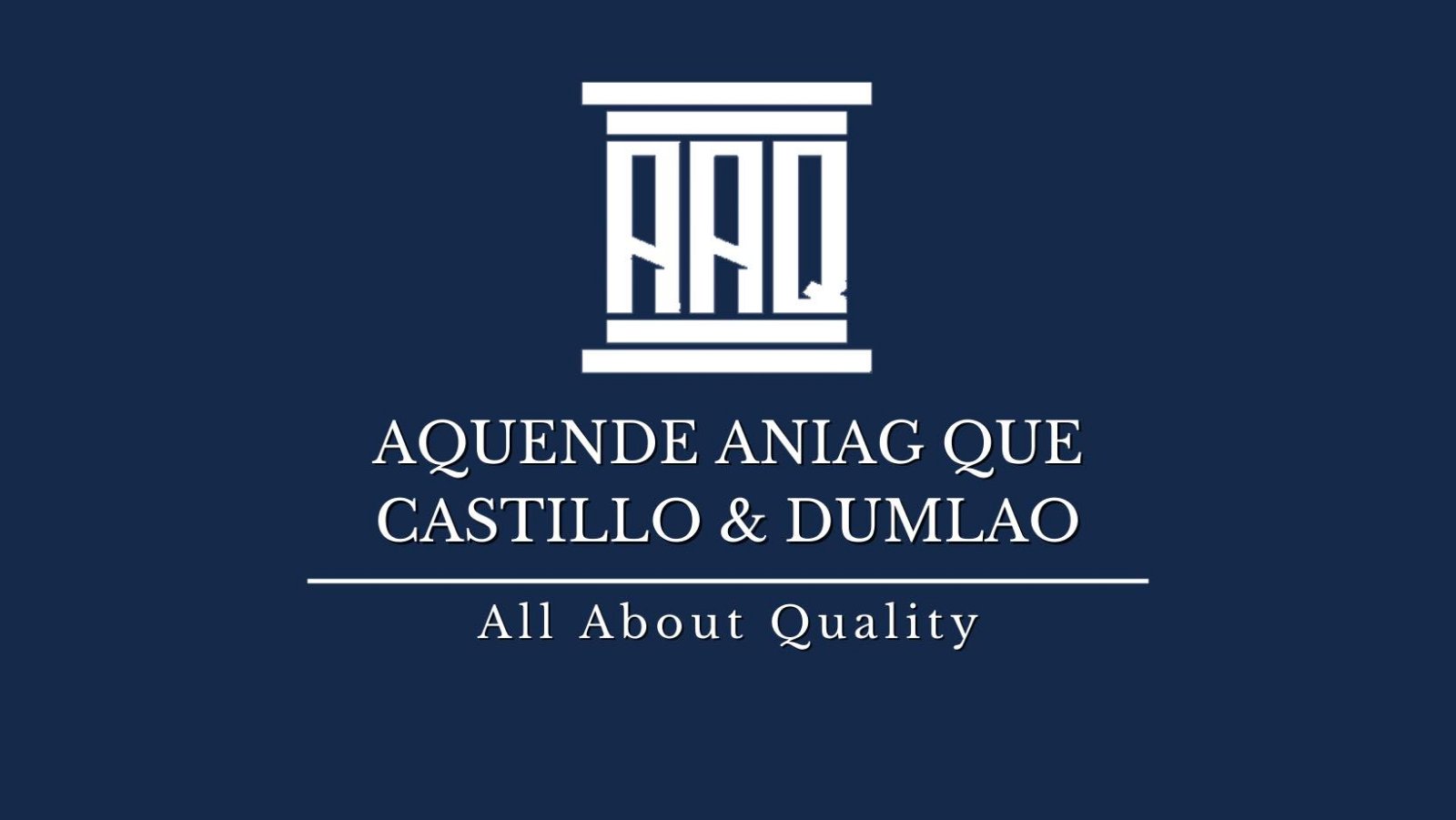In the Philippines, you know it’s election season when campaign jingles start echoing through neighborhoods and blaring from radios. These catchy tunes have long been a persuasive tool for candidates at both the local and national levels. In a country as musically inclined as the Philippines, it is no surprise that many candidates adapt their election jingles from popular songs.
However, while adapting familiar music may boost a candidate’s visibility, it raises serious legal and ethical concerns. Under Section 172 of the Intellectual Property Code of the Philippines, original musical compositions, with or without words, are protected by copyright from the moment of their creation. This means any use of a pre-existing song, even with altered lyrics, requires proper licensing, including written consent from the copyright holder and, in many cases, the payment of licensing fees. Failing to secure these rights is not just an oversight—it’s a violation of the law.
As a responsible alternative, candidates can commission original music specifically created for their campaign. This not only ensures legal compliance but also supports local composers and musicians.
Time and time again, the Commission on Elections (COMELEC), the Intellectual Property Office of the Philippines (IPOPHL), as well as the societies and associations of musical composers and producers remind the public against the unauthorized use of songs in campaign jingles. Beyond being illegal, it is unethical—it disrespects the creative work of artists and deprives them of the economic benefit they rightfully deserve.
As the upcoming elections draw near, we must remember that every vote is a reflection of the values we stand for. Respect for intellectual property, the work of artists, and the rule of law are not peripheral concerns—they are pillars of a just, accountable, and democratic society. Let’s elect leaders who uplift rather than exploit, and who honor the rights of all Filipinos — including musicians, composers, and creative workers.




